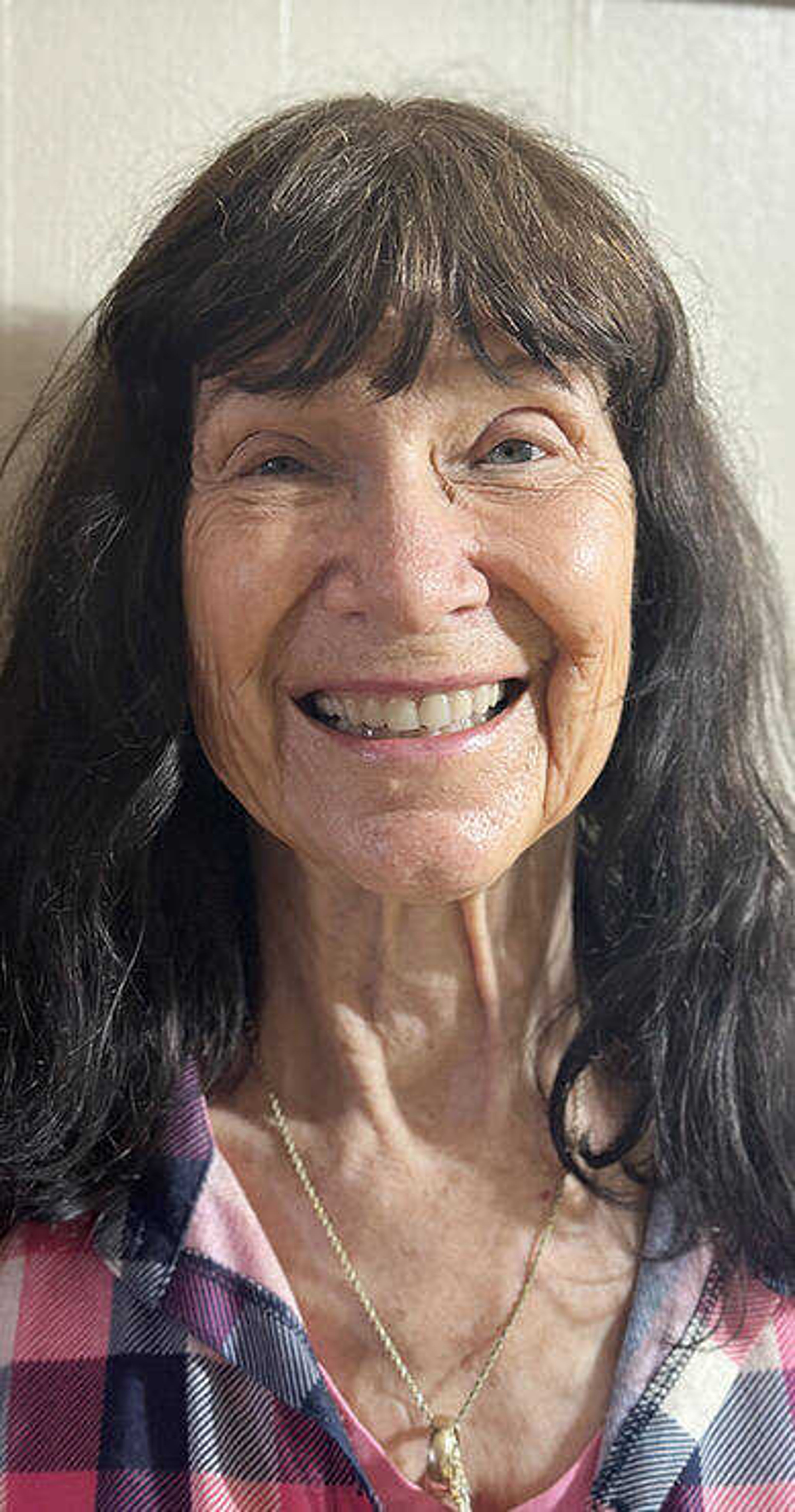Live life
How often do we hear "Why bother? What's here today will be gone tomorrow anyway!" Opinions such as these are often referenced to the Book of Ecclesiastes. It's a book people love or hate. I, too, felt depressed and discouraged after first reading it. However, I gained fresh perspective after I understood its ultimate implication...
How often do we hear "Why bother? What's here today will be gone tomorrow anyway!" Opinions such as these are often referenced to the Book of Ecclesiastes. It's a book people love or hate. I, too, felt depressed and discouraged after first reading it. However, I gained fresh perspective after I understood its ultimate implication.
The Book of Ecclesiastes was written by a preacher who asked what lasting value there was in ordinary life pursuits. His conclusion was that most human activities have little permanent value because everything eventually changes. The new becomes old, and the old recycles to become new again. Organizations and staff change. Modern buildings grow old and deteriorate, titles are soon forgotten and land swaps ownership. What's done becomes undone, and what's joyful becomes ordinary and physical life finally ends, too.
Fortunately, if one contemplates the words and meanings in Ecclesiastes, it's possible to gain peace and solid wisdom. When we have faith in God, we know that regardless of what happens, he's available. We are so special to God, he'll never leave us. When we realize that God never changes, we are finally free to genuinely "live life."
What is living life? There are many ways. We can use our gifts to make us and others joyful. We can truly experience life rather than sitting and simply expecting life to happen. We'll stop, look around, smell the air, see what's in our neighborhood and wonder why we've looked so hard elsewhere for satisfaction. For life, indeed, possesses its own pulse. We just need to notice and feel that steady beat. Like a river, life keeps moving along, picking up debris as we pass through on our journey. Then the junk is dropped as we learn to cope and absorb the lessons God attempted to teach. Most of us possess unique capabilities to tackle projects we love and feel driven to accomplish.
So rather than rising each morning saying, "What shall I do today? It's just another sunrise," we will set our alarm clocks and proceed with plans we have made the day before. We'll work in an office, call a friend and offer assistance, cook a meal or interact with our children. Whatever it is we choose to do, we are at least holding our lives accountable for something. Bishop John Leibrecht, of the Springfield-Cape Girardeau Diocese, often talks on the subject of living life rather than merely allowing it to happen. He urges people to deliberately accomplish something with their lives.
People must purposely decide to achieve a goal of some kind. You may ask, "What can I do? I have no talents," and you underplay your gifts. Everybody is irreplaceable in some area. The world needs what each of us has to give. We merely need to ask who we can help along the way.
A literal interpretation of Ecclesiastes could rob anyone of the desire to strive for anything, period, because everything changes, goes away and dies. It is natural to wonder and think, "It does no good to try, because nothing I perform is of any consequence." However, when we remember that our real stability lies in God, we know there are lasting things of importance. The acts we perform from love remain forever. Our example leaves an impact on others. Worthy causes, inventions, kindnesses and all sorts of goodness, for sure, make a positive difference in the world.
So rather than complaining about the monotony and insignificance of what we do, or feeling inadequate, let's vow to stop blaming circumstances, others and providence for our apathy. Instead of asking what others can contribute to make the world better, we ought to ask how we, ourselves, can best "live our lives" -- and then do it.
Ellen Shuck is director of religious education at St. Mary's Cathedral in Cape Girardeau.
Connect with the Southeast Missourian Newsroom:
For corrections to this story or other insights for the editor, click here. To submit a letter to the editor, click here. To learn about the Southeast Missourian’s AI Policy, click here.










